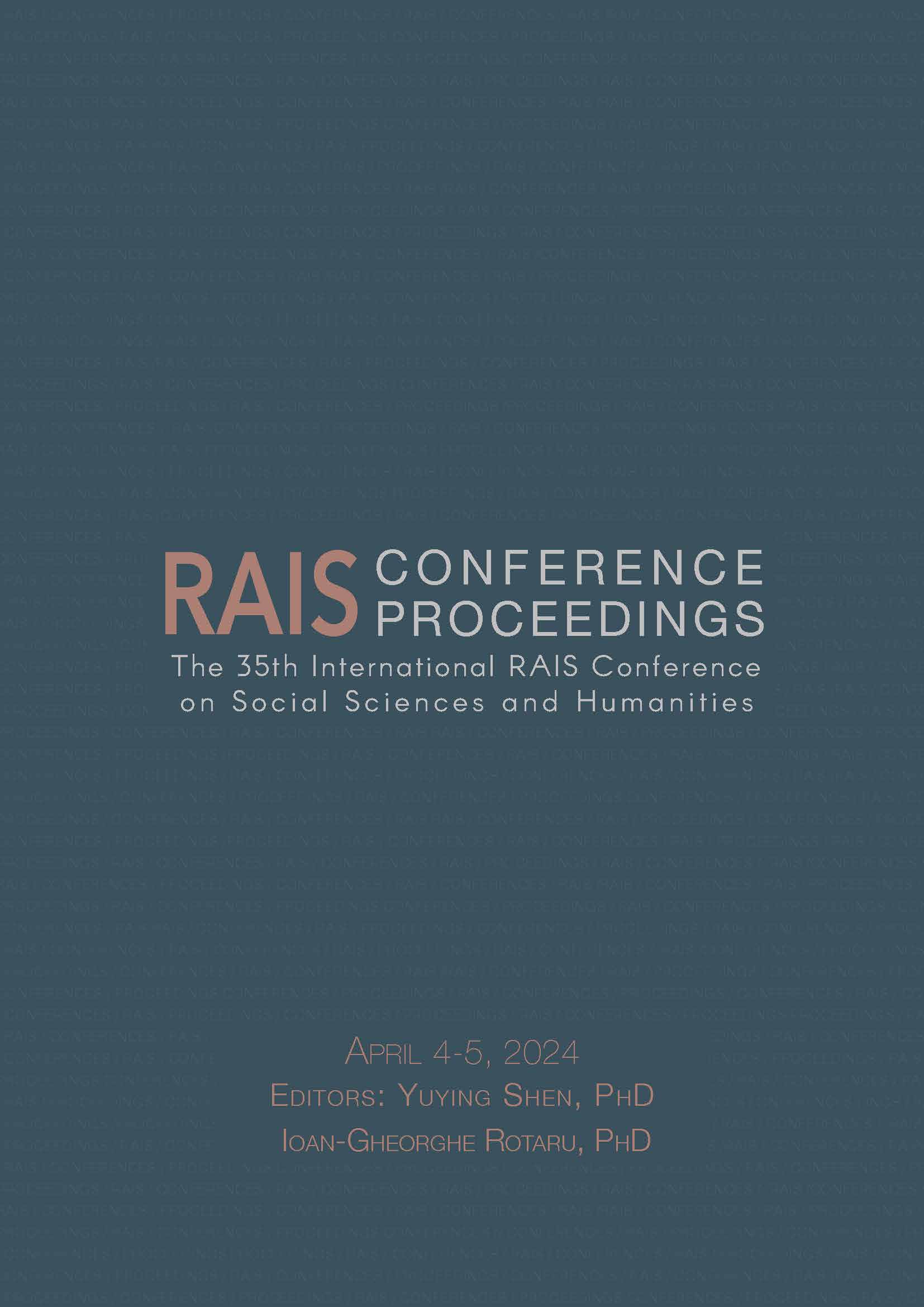Transversal Competences for the Labor Market
Transversal Competences for the Labor Market
Author(s): Mircea Mureșan
Subject(s): Labor relations, State/Government and Education, Human Resources in Economy, Socio-Economic Research
Published by: Scientia Moralitas Research Institute
Keywords: quality education; skills development; graduate; social inclusion; economic competitiveness;
Summary/Abstract: In the last two decades, the competence-based learning system has spread in Europe, aiming to develop young people's skills to help them perform in a knowledge-based economy (Chapman and Aspin 2013). This system ensures labor force mobility and transparency in the European space and at an intersectorial level. As a regional policy, European education, including higher education, was reformed based on the Lisbon Strategy and the Bologna Process (EMD 1999), and in Romania, the European recommendations regarding the new frameworks of qualifications in higher education were taken over, achieving the connection at EQF*. From another perspective, employing companies validate the importance of skills for the Romanian labor market and the level of satisfaction of employers with the skills of higher education graduates. As a typology, employers consider transversal skills more important than professional ones, both at a conceptual level and as a degree of acquisition following the completion of higher education. In this article, competence is seen as an outcome, reflecting the requirements of a job, according to Tate (1995) and Rowe (1995). In other words, competence is investigated, denoting what a person knows and is able to do to perform the tasks required by a given occupation (Winterton 2009). Since 2005, a process of substantiating study programs on competencies and learning outcomes has been developed in Romania. In the framework of the research, I sought the answer to the question of how the importance of transversal skills of candidates is perceived on the labor market, their type, and the way in which they translate the knowledge and skills that a graduate of the Romanian education system must have. We also explored the most common ways of integrating transversal skills into the university curriculum and their impact on students’ personal and professional development.
Book: Proceedings of the 35th International RAIS Conference on Social Sciences and Humanities
- Page Range: 190-195
- Page Count: 6
- Publication Year: 2024
- Language: English
- Content File-PDF

